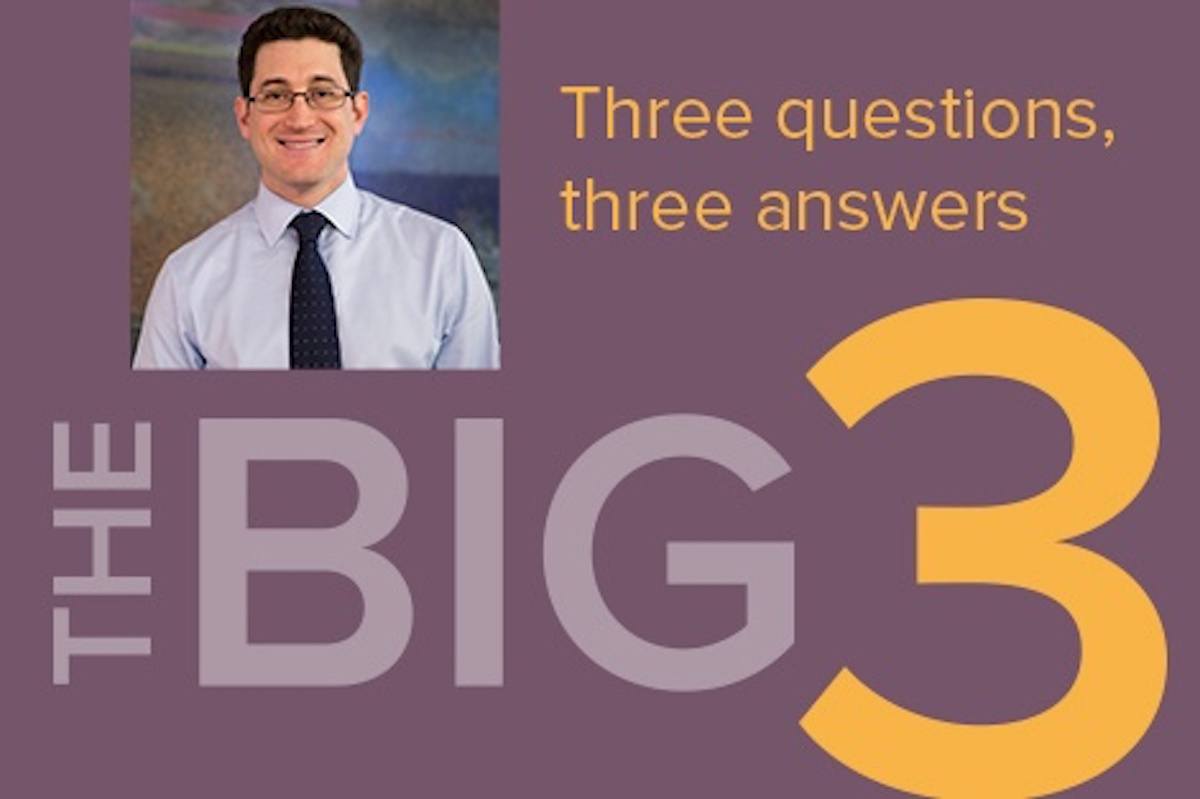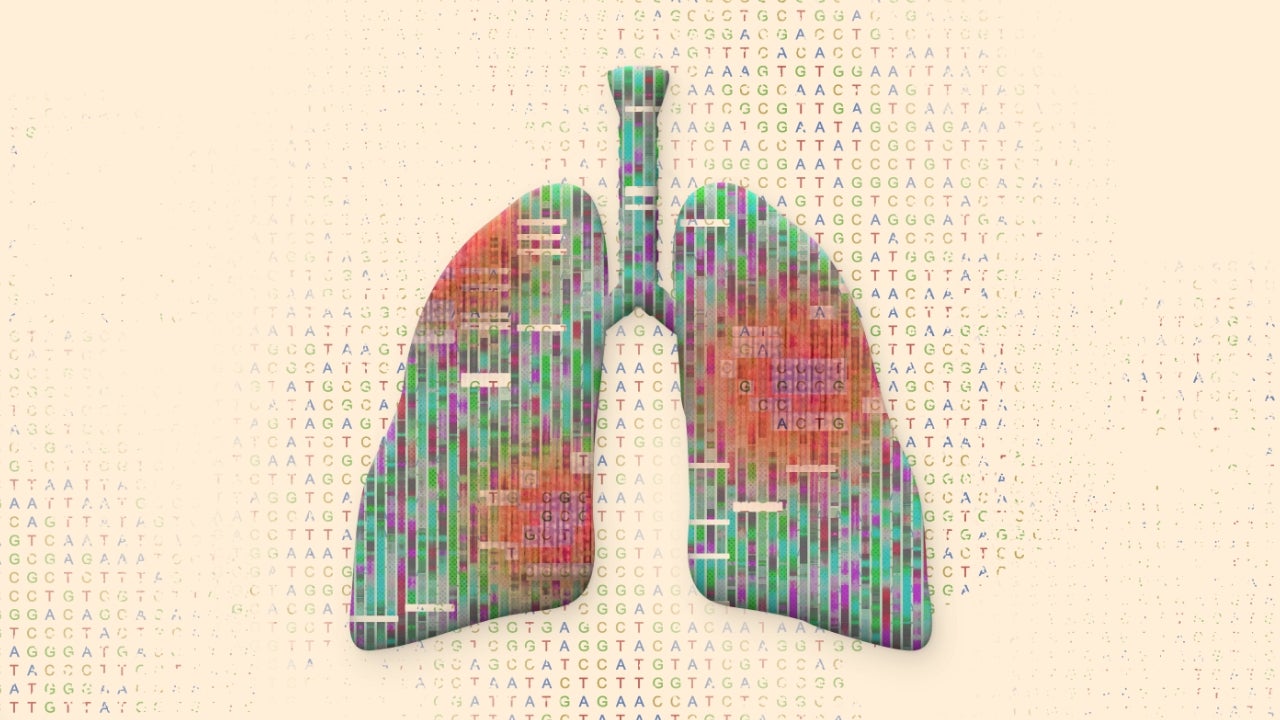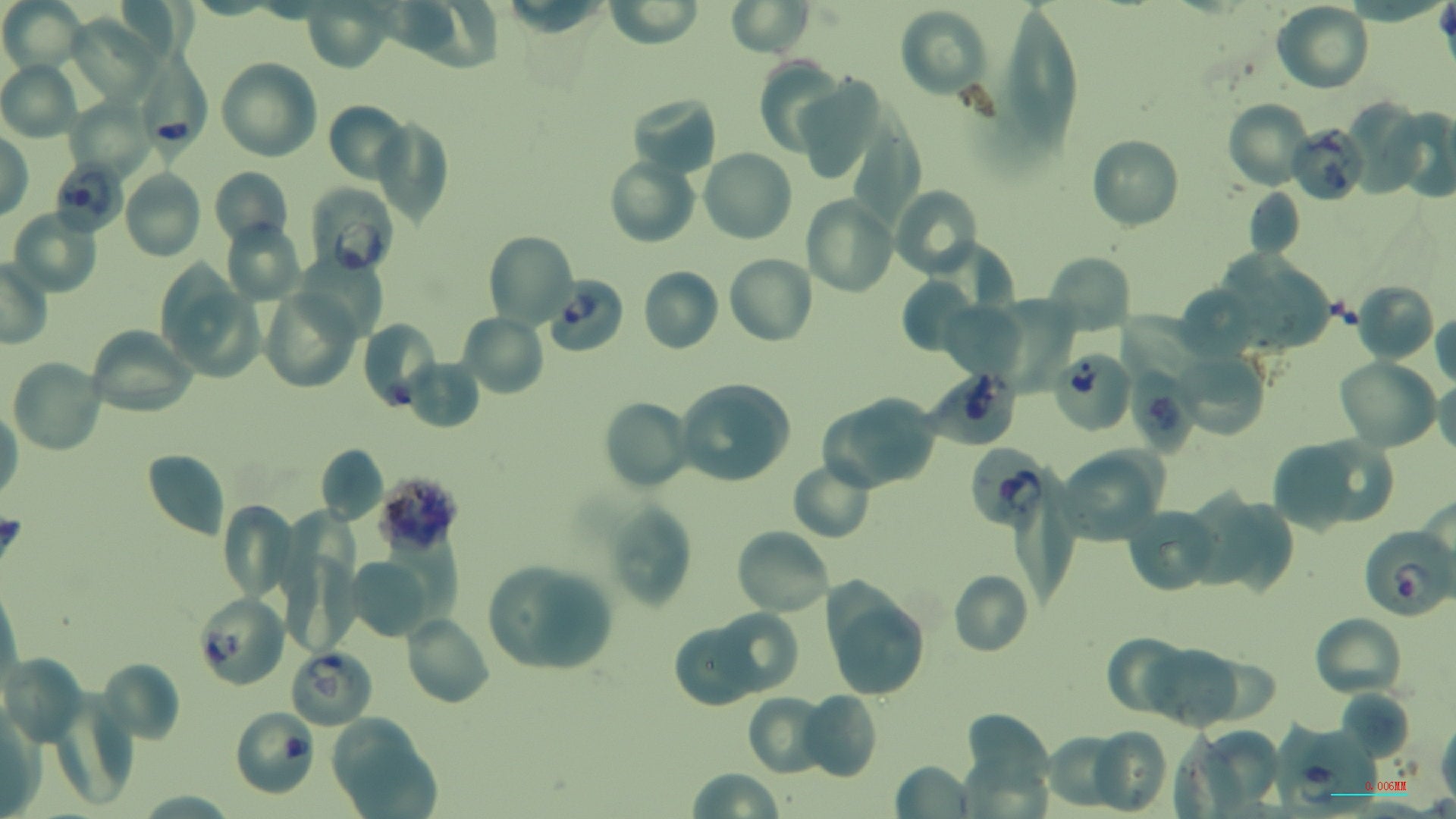A crisis on top of a crisis: COVID-19 and the opioid epidemic

February 16, 2021 – For people struggling with opioid use disorder, the COVID-19 pandemic has posed challenges at every turn. Michael Barnett, assistant professor of health policy and management at Harvard T.H. Chan School of Public Health, discussed why 2020 is likely to be the deadliest year on record for opioid overdoses and the urgent need to invest in the nation’s mental health infrastructure.
How has the COVID-19 pandemic affected the opioid crisis?
The COVID-19 pandemic in the U.S. isn’t just about COVID-19, it’s about managing all of the spillover effects, including the effects it has had on people with addiction and substance use disorder. There is compelling initial data—and more is going to come out—indicating that 2020 will be the worst year for opioid overdoses that we’ve ever had. It unfortunately looks like we have lost a lot of progress we had made on opioid overdoses in recent years because of the pandemic.
What I’m worried about is the lack of a robust treatment infrastructure for substance use disorder. It was already strained before the pandemic, and now we need to provide even more comprehensive services for this population, but we won’t have the capacity to take care of them unless there are really drastic policy changes.
What are some of the factors of the pandemic that have worsened the opioid crisis?
The pandemic is in many ways a perfect storm for anyone who is struggling with substance use disorder. People have lost their jobs. Social and family interactions have been limited. And the pandemic itself is depressing and anxiety provoking. These are all stimuli that can stress the psyche and the finances of someone who has an addiction. In some cases, it could push a person who was getting their addiction under control back toward substance use. In other cases, the pandemic might be the trigger that actually makes someone consider initiating drug use, which could end up becoming an addiction and being harmful.
Another point to consider is that the pandemic took away the attention—from the media, from legislators, from public health agencies—that was being focused on the opioid crisis. We have an addiction crisis in the U.S. that was being discussed quite a bit in 2019 and it seemed like we were starting to inch toward policy solutions. Now it feels like we need to start over again.
Are there specific policy solutions you hope to see prioritized?
One is getting rid of the so-called “X waiver,” which is a requirement that physicians have a special waiver from the FDA in order to legally prescribe buprenorphine, a medication used to treat opioid use disorder. It’s an anachronistic and backward policy that has caused a lot of harm and is no longer relevant in 2020. That policy has actually been temporarily waived under an emergency declaration from the Department of Health and Human Services as of last month, which is a very big change. But is there going to be momentum to maintain that change?
I also think we need to take financial resources from legal settlements against opioid manufacturers and from stimulus spending and invest in our mental health infrastructure. We need to provide resources for primary care clinics to enhance their behavioral health support. We need resources to enhance local counseling services. We need to help health care organizations provide easy access to mental health care because everyone needs it right now. Every community in the U.S. needs this type of support. Recent data show that more than one in three people in the U.S. have anxiety or depression symptoms, which is much, much higher than it has been in the past. It would be a big mistake to neglect this urgent policy issue.


